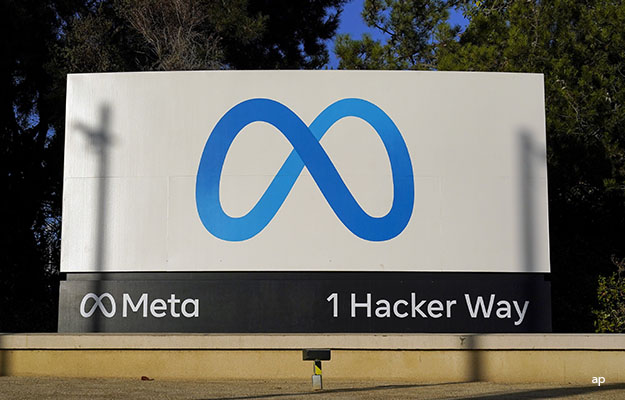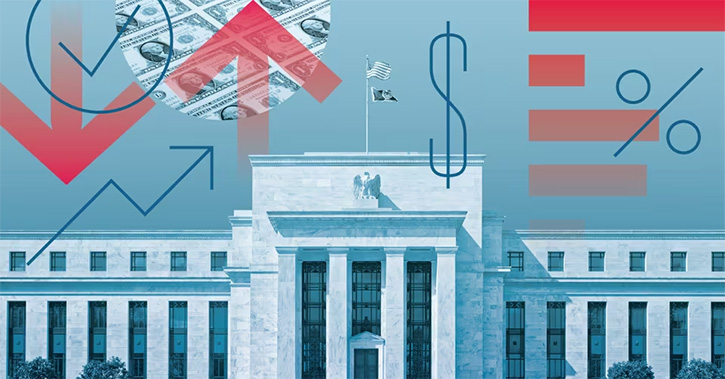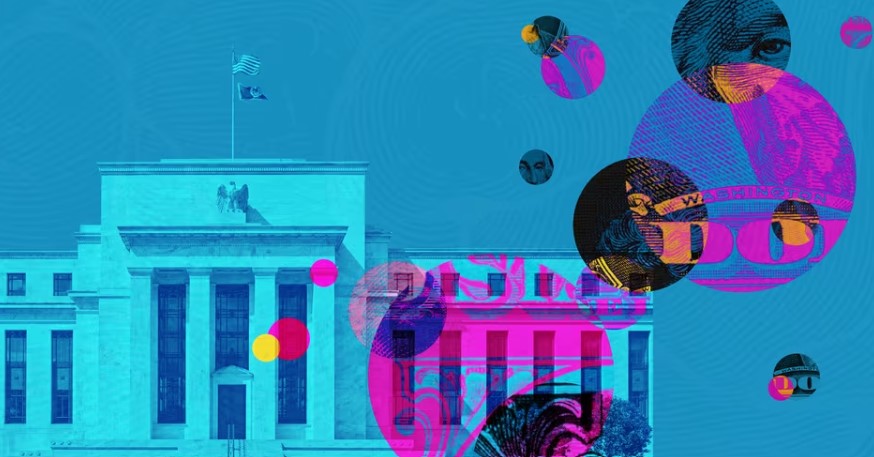Jess Chapman: For Morningstar.ca, I'm Jess Chapman. It's been a dramatic summer all over the world from Brussels to Baghdad. We're going to take a look at how that drama could impact your portfolio with Al Emid. He’s the author of the forthcoming "What You Need to Know About ISIS: Terror, Religion, War and the Caliphate."
And I think ISIS is a pretty good place to start, Al. We're aware that this is a very well-financed terror group, largely because they have taken control of so many oil assets in the Middle East.
Al Emid: Well, it's important to note that oil is only one of their sources of income. Drugs and kidnapping are other sources. But the oil issue is not as big a problem now as it might have been 10 or 12 years ago when we were so very worried about supplies of oil from the Middle East. We now know that irrespective of how one feels about fracking, the United States is well on its way to being either totally self-sufficient in energy or nearly self-sufficient in energy. Canada gets some of its oil from the United States, some from Nigeria and other places. So I don't think our source of supply is threatened in the way it might have been 10 or 12 years ago.
As for the impact, it is clear that the ISIS crisis threatens the stability of the Middle East big time, but I don't believe it threatens most investor portfolios, especially at the retail level. There are some Middle East ETFs that are available from the States, and they are available in Canada, and where they have a heavy weighting of Middle East equities, it tends to be banks. So there are Middle East ETFs that have a heavy weighting in the Qatar National Bank or the Kuwait National Bank, both of which are quite solid.
So, overall, I don't think it's something that investors really need to worry about in terms of their portfolios. It also hasn't changed one of the great consolations about the Middle East, which is the safe haven status of the Gulf countries. Dubai, Qatar, Kuwait and all those countries are considered the safe haven of the Middle East. So if you have a fund that has companies in that area, I doubt that you have much to worry about.
Chapman: Let's move further east to China. We've seen that this summer’s Shanghai Stock Market crash didn't really have a big impact on investors in North America. What would it take for China to actually cause a global ripple effect, as some people feared?
Emid: What it would probably take would be if the measures they are currently on didn't work, and the measures they are currently working on are basically the opposite side of the coin from the things that caused the crash. So they are putting in limitations on trading. They've put off IPOs for a while. Some other companies stepped forward and bought up some shares to prop up the price, and there are new rules about margin trading, which was a big part of it.
So for the China situation to cause a real trouble for individual investors' portfolios at the street level, it would have to mean that the measures that Chinese government are taking would not work, and it looks like they are working.
Chapman: Moving on to Russia: They’ve taken a pretty hard economic hit themselves with sanctions as a result of Vladimir Putin's invasion of Ukraine. I think any country feeling the effects of an economically crippled Russia would have to be very near their borders.
Emid: Yeah, that's true. I mean, Russia has taken three hits. Their ruble has gone down, the price of oil has gone down and the sanctions have affected what they can do in terms of world trade. And obviously Putin's credibility on the world stage has taken a bit of a beating.
There is no sign I can see that he is going to pull back from his aspirationist aims at some of the former Soviet Bloc countries. So, we have to say “Where does that leave us?” and we have to take it as a fact of life. Some manufacturing companies that would have sold into Russia now are not. We have to keep an eye on some of the major oil companies who have huge stakes in Russia: Exxon, Total, ENI, BP all have huge multi-million dollar stakes and partnerships with Rosneft, the Russian oil company. So at this time, I don't think there has been a terrific impact, but we have to keep an open book on it because if these companies decide to pull out and give it up, they will obviously have to account for that $50 billion that they have got invested somehow.
Chapman: Absolutely. Then of course across Europe there is Greece, and I don't think their problems really need an introduction. But markets seem quite well-protected from that crisis, since they have had so much time to prepare for it.
Emid: They had a lot of time to prepare for it and I think some markets are used to this current Greek crisis because it's the third one. I didn't detect any so-called contagion between Greece and some of the other European countries. What I do believe is that we have to distinguish. When we look at our portfolios, when we look at geopolitical events, we have to distinguish between straight-line impacts, like if A happens B will happen, or just increased overall volatility, which is what happened with Greece.
Chapman: Now, Al, you are a keen observer of geopolitics and global finance. In the next few years, if we experience a crisis like we experienced in 2008, what do you think will be responsible?
Emid: I think what would be responsible would be the increased volatility and debt that most countries in the Western world have. I think we all have to get used to the difference between crisis and volatility. This has been the most volatile summer that I've experienced in more years than I will admit on the camera that I've been covering the field. And we have to learn that there are new rules like the old rule about “Sell in May and go away” are now gone.
So if there were to be one overall crisis, it would be either an inability to deal with continued volatility or just we haven't dealt very well with the debts. The United States is deeply in debt. Canada is coming out of it. Britain is in debt. The PIIGS, which is Portugal, Ireland, Italy and Greece and Spain, are all deeply in debt as we've seen with Greece. We have to wait and see how well Greece does, because you can bet that Portugal and Italy and Ireland and Spain are waiting to see what happens because they are all deeply in debt.
So the short answer to your question is, if the debts get out of control, that will be our next crisis.
Chapman: What would you recommend for investors who want to prepare for that?
Emid: You can prepare for any crisis that you can think of by increasing your diversification. The old thing about tapering off equities when you turn 60 is now gone. But you may want to rejig the combination of equities to fixed income. You may want to, as I said, go more for fixed income if you really are worried. It's a question of how you and your advisor are concerned. If your advisor says no, I don't see any problem; he has got his fingers on the pulse, that's okay.
If you want to prepare for whatever happens, if you want to feel you were prepared for whatever happens, you would increase your diversification, you would probably reduce your weighting in some of these countries, though I don't think you need to panic, and you might increase your fixed income holdings.
Chapman: Very good advice. Al, thanks very much for joining us.
Emid: Thank you.
Chapman: Watch out for "What You Need to Know About ISIS" later this summer. Visit Morningstar.ca for your investment news and updates.




















